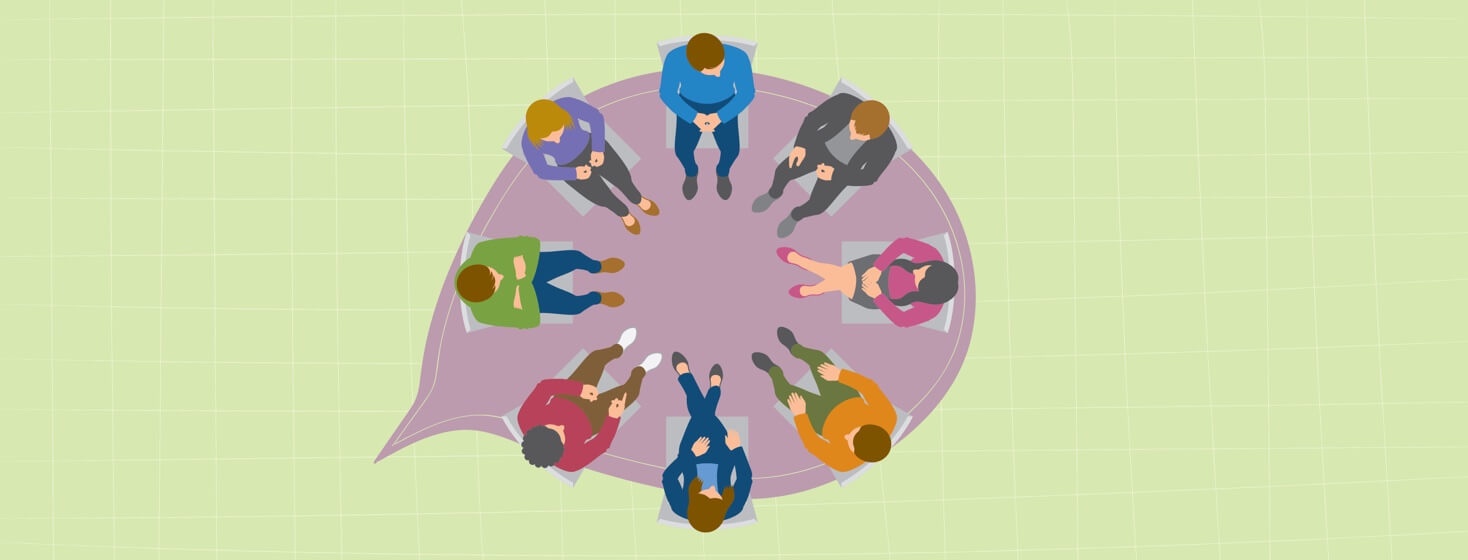Women and MPN Conference
I had the opportunity to attend the 5th Annual Women and MPN Conference in Boston this September thanks to the generosity of the Health Union Pillars Conference Support Program. This was an excellent way to be a part of Blood Cancer Awareness Month.
MPN Advocacy and Education International sponsors this annual conference, along with a number of others throughout the year. The conference specifically focused on women with the three main types of myeloproliferative neoplasms (MPNs); polycythemia vera (PV), essential thrombocythemia (ET) and myelofibrosis.
Three years ago I was diagnosed with PV. Since then, I’ve attended blood cancer conferences in my quest to find out as much as I can about this rare, progressive, incurable cancer. However, other than a possible break-out session, usually there isn’t much information about my specific cancer.
Meeting my peeps at an MPN conference
I always like connecting with others afflicted with MPNs. Because these cancers are rare, it’s difficult to find others. Daily life with an MPN is challenging. The people that can best relate are ones that also have these cancers.
It was such an amazing experience to meet some of the participants. Just at my table alone there were two women with PV! It’s just nice to realize you’re not alone in your experiences, symptoms and concerns. Our conversations were peppered with “hey, I have that symptom too.” Or, “Did that treatment help you?” The stories of resiliency and strength were amazing. How they deal with what life has thrown at them, was inspiring. I also, admittedly like telling my own story and getting the usual reaction of disbelief; “you were diagnosed with two different cancers within two months?”
Things I learned
Dr. Ruben Mesa, who is actually my MPN provider at the Mays Cancer Center in San Antonio, provided detailed history of MPNs. I found it interesting that although MPNs have been around for a long time, it’s only been in the last 15 years where so many discoveries like the JAK2, MPL and CALR mutations were discovered. Approximately 95% diagnosed with PV have the JAK2 mutation like I do. I did learn you can have more than one mutation. So I could potentially have another mutation on top of the JAK2. Dr. Mesa also discussed the development of new medications to assist with blood levels and symptom burden.
Two of the presentations I found the most interesting were the Living with an MPN-Symptom Burden by Dr. Robyn Scherber (also from Mays Cancer Center) and Chronic Inflammation in MPNs by Dr. Angela Fleishman. Both discussed MPN symptoms like severe fatigue, pruritus, headaches, bone pain etc. The discussion about pruritus was particularly interesting to me as I suffer daily from this symptom. Both presenters provided details on the potential causes of the symptoms. In addition, they provided some possible ways to alleviate them. My take-away from these two presentations was that there are many symptoms that can impact the quality of life and MPNs are an individual disease. You’ll never meet two patients that are the same.
With the exception of a few men caregivers, the audience was predominately women. Therefore I think attendees felt comfortable with the portions of the conference that focused on women issues like fertility, menopause, childbearing years and sexuality. This resulted in a lot of great feedback, questions, and discussions.
This was an exceptional conference. I am so fortunate that I was able to attend and share some of what I learned in this forum.

Join the conversation